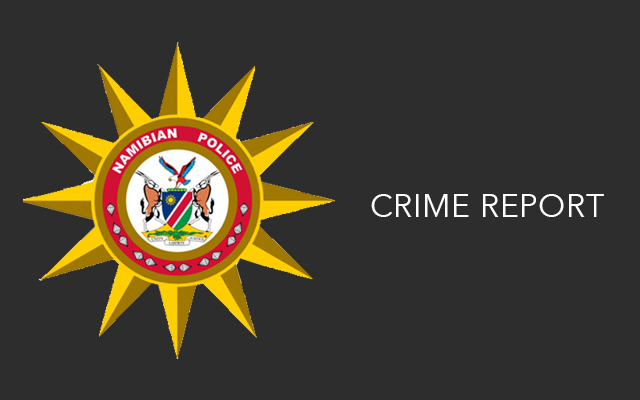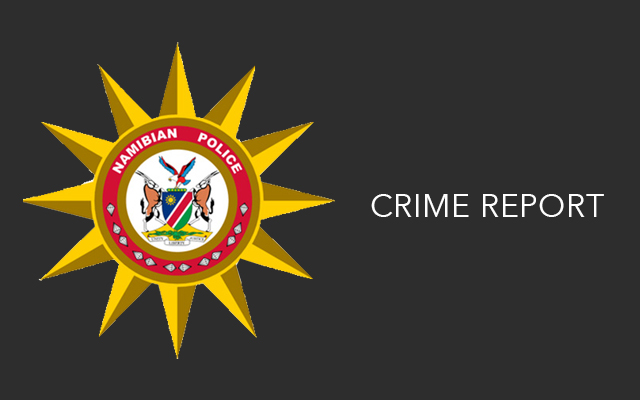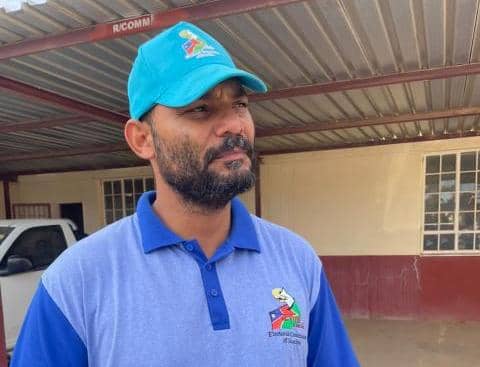THE most important consideration regarding HIV infection and sports is whether there is a risk of HIV transmission during sports participation.
HIV (human immunodeficiency virus) is transmitted through sexual intercourse, blood or blood products, and from mother to foetus. If we talk about sports and HIV, it all depends on what type of sports we are talking about.In a sport where there is physical contact there is a risk, and it also depends on the type of precautions taken after or during sports.Athletes are at risk of contracting HIV if they engage in high-risk sexual behaviours or use drugs intravenously.However, there is also a small but real risk of HIV transmission in contact sports.Transmission may occur if blood from an infected player contaminates an open bleeding wound of a non-infected player.In sports such as rugby, soccer, boxing, wrestling and synchronised skating, where the transmission of HIV is possible, players, coaches, and administrators need to ensure that open bleeding wounds are treated before participants return to the sports field.Surfaces such as wrestling mats that are potentially contaminated by blood or tissue should be appropriately cleaned before the contest resumes.In some sports such as boxing, compulsory testing of competitors has been instituted.Specific guidelines that must be considered: An athlete who engages in high-risk behaviour is advised to seek medical attention regarding possible HIV infection Athletes with known HIV infection should seek medical counselling or information before considering further participation in sport.Athletes with known HIV infection should inform medical personnel of their condition in case they sustain an open wound or skin lesions during sports participation so that these can be managed and treated appropriately.Specific guidelines for sport administrators: Sports administrators, including coaches and managers, have special opportunities for meaningful education of athletes with respect to HIV disease and should encourage athletes to seek counselling.Specific guidelines for medical personnel attending to athletes: All open skin lesions sustained during sports participation should be treated appropriately before allowing the athletes to return to the playing field.The following treatment of open skin lesions is recommend: Immediate cleaning of the wound with a suitable antiseptic such as hypochlorite (bleach, Milton), 2% gluteraldehyde (Cidex), organic iodine or 70% alcohol (ethyl alcohol, isopropyl alcohol).The open wound should be covered securely so that there is no risk of exposure to blood prior to returning to the paying field.All first-aid and medical personnel attending to athletes with open lesions should wear protective gloves to decrease the risk of HIV transmission.HIV-AIDS has become a serious concern within sport; all sportsmen and women should hold hands to combat this pandemic.* Donatha Gawanab is a local sports medic.If we talk about sports and HIV, it all depends on what type of sports we are talking about.In a sport where there is physical contact there is a risk, and it also depends on the type of precautions taken after or during sports.Athletes are at risk of contracting HIV if they engage in high-risk sexual behaviours or use drugs intravenously.However, there is also a small but real risk of HIV transmission in contact sports.Transmission may occur if blood from an infected player contaminates an open bleeding wound of a non-infected player.In sports such as rugby, soccer, boxing, wrestling and synchronised skating, where the transmission of HIV is possible, players, coaches, and administrators need to ensure that open bleeding wounds are treated before participants return to the sports field.Surfaces such as wrestling mats that are potentially contaminated by blood or tissue should be appropriately cleaned before the contest resumes.In some sports such as boxing, compulsory testing of competitors has been instituted.Specific guidelines that must be considered: An athlete who engages in high-risk behaviour is advised to seek medical attention regarding possible HIV infection Athletes with known HIV infection should seek medical counselling or information before considering further participation in sport.Athletes with known HIV infection should inform medical personnel of their condition in case they sustain an open wound or skin lesions during sports participation so that these can be managed and treated appropriately.Specific guidelines for sport administrators: Sports administrators, including coaches and managers, have special opportunities for meaningful education of athletes with respect to HIV disease and should encourage athletes to seek counselling.Specific guidelines for medical personnel attending to athletes: All open skin lesions sustained during sports participation should be treated appropriately before allowing the athletes to return to the playing field.The following treatment of open skin lesions is recommend: Immediate cleaning of the wound with a suitable antiseptic such as hypochlorite (bleach, Milton), 2% gluteraldehyde (Cidex), organic iodine or 70% alcohol (ethyl alcohol, isopropyl alcohol).The open wound should be covered securely so that there is no risk of exposure to blood prior to returning to the paying field.All first-aid and medical personnel attending to athletes with open lesions should wear protective gloves to decrease the risk of HIV transmission.HIV-AIDS has become a serious concern within sport; all sportsmen and women should hold hands to combat this pandemic. * Donatha Gawanab is a local sports medic.
Stay informed with The Namibian – your source for credible journalism. Get in-depth reporting and opinions for
only N$85 a month. Invest in journalism, invest in democracy –
Subscribe Now!










